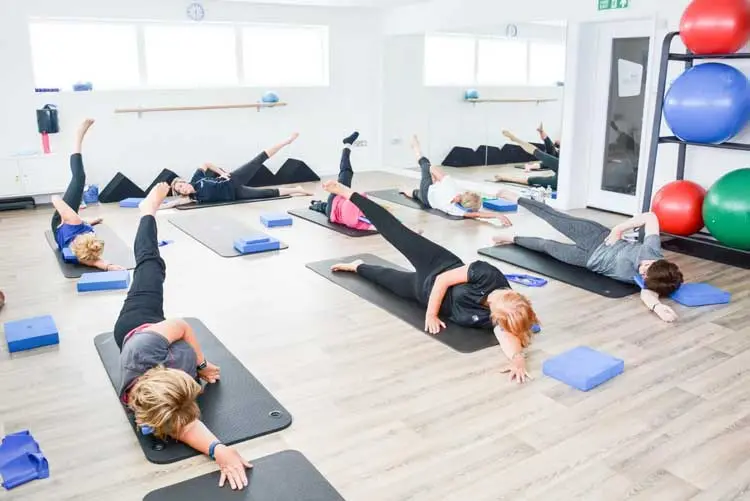This year’s RA Awareness Week, run by the National Rheumatoid Arthritis Society (NRAS), is focusing on Mental and Physical Wellbeing. The aim is to raise awareness of RA and help many more living with RA improve their self-management techniques, try something new, and get involved with the RA community.
What is Rheumatoid Arthritis (RA)?
The NRAS have a really comprehensive explanation of what RA is.
“If you say ‘arthritis’ most people assume you’re talking about wear and tear on the joints, which many older people have. That’s osteoarthritis. Rheumatoid arthritis, or RA, is different, as the diagram below shows.
It is a type of disease known as an autoimmune condition. This means that your body’s immune system has made a mistake and picked a wrong target. To explain: your immune system is designed to defend your body against infection. It should not attack your body. Sometimes the immune system becomes too active, and mistakenly attacks your body, and this is called ‘autoimmune’ disease.
When you have RA, your immune system attacks the lining of your joints (the synovial lining). This causes inflammation, which leads to symptoms such as pain and stiffness.
RA is a symmetrical arthritis, meaning that it usually affects both sides of the body in a similar pattern, although this is not always the case. It tends to affect the small joints of the hands and feet first – often the knuckle joints in the fingers. It is described as a polyarthritis, meaning that many joints can be inflamed.
RA is a systemic disease, meaning that it doesn’t just affect joints. RA can affect a person’s whole system, including organs such as the lungs, heart and eyes.
About 1% of the population in the UK has RA – more than 400,000 people in the UK. It affects more women than men, roughly two to three times as many women. The most common age for people to develop RA is between 40 and 60, or a bit older for men. But people can get it at any age, even from the age of 14 when it’s ‘early onset’ RA. There are other forms of inflammatory arthritis, but RA is the most common.
If RA is not treated or is inadequately treated, it can cause irreversible damage to joints and lead to disability – and this used to happen often. But today, the management of RA is very good, far better than it was even 15 years ago. Although there is no cure, most people diagnosed today can expect to lead pretty full and active lives once the disease is under control.”

The main form of treatment for RA is medication and this is carefully prescribed and monitored by your rheumatologist.
There are however, many other things that you can do to help look after yourself, which will in turn help you to live with RA. These include lifestyle changes, pacing activities and maintaining a healthy weight. Physical activity is really important. It is vital to help keep your joints moving, and there’s good evidence that exercise also helps to relieve pain. The only time you shouldn’t exercise is when a joint is very inflamed, swollen and painful. Give it a short period of rest, but once the swelling begins to settle, physical activity is essential to keep the joint moving! If you need some support or advice about physical activity, then please do get in touch with our team, who will be able to help you.
#OurMindsRApriority #RAAW2021



